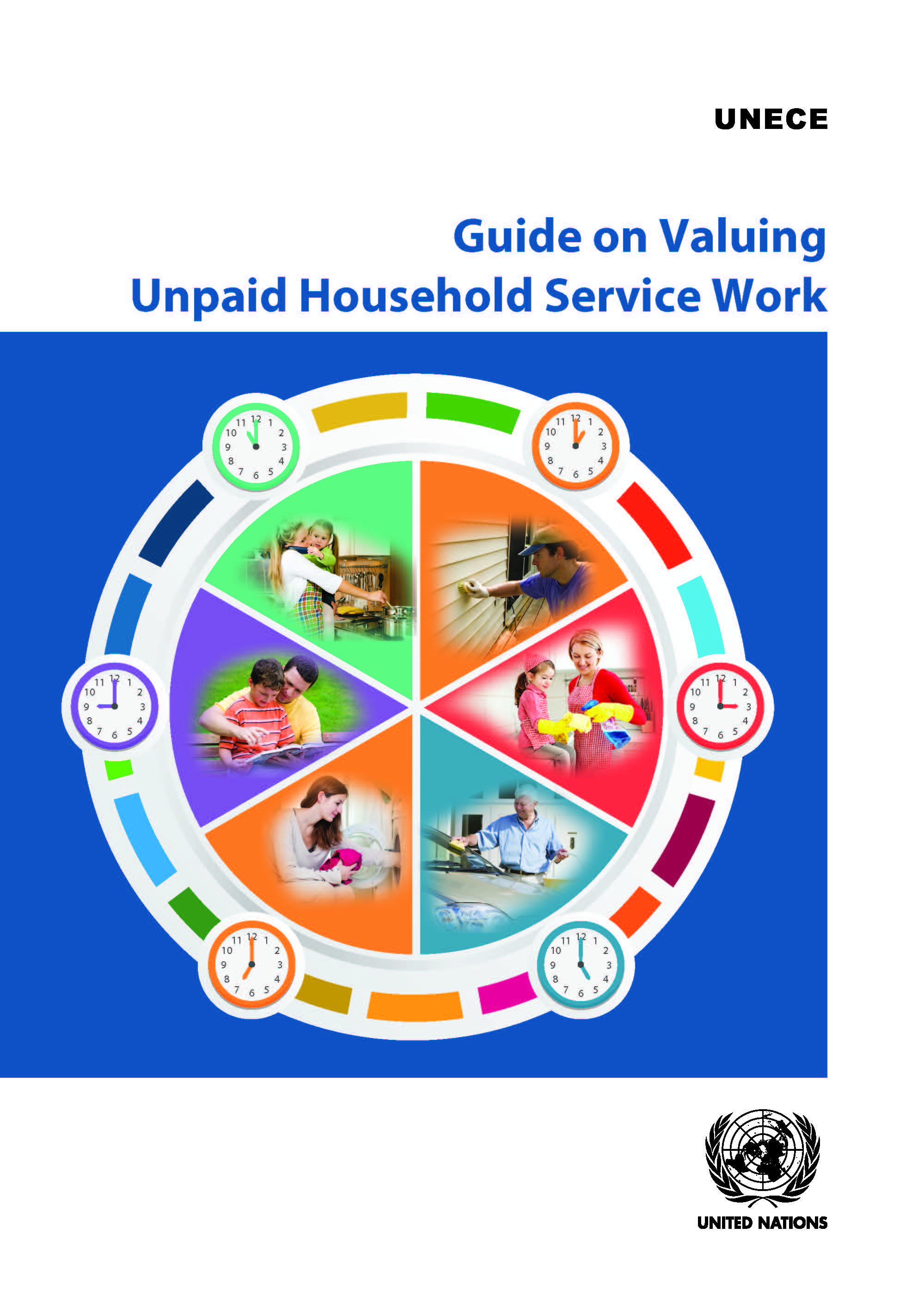Published:


Conventional economic statistics, such as national accounts and employment measures, are largely designed to measure the market economy and in most countries exclude unpaid household service work. Economists have argued for many years that ignoring these services introduces biases in various areas of economic analysis. For instance, an increase in childcare or long-term care provided by the government or private sector increases the quantity of goods and services produced in a country. However, in practice, this would simply reflect that the production of the same service takes place in the institutional sector instead of the household sector.
The present publication consolidates the existing experience and presents an internationally agreed approach to valuing unpaid household service work. The publication:
a) discusses the concept of unpaid household service work,
b) identifies methodological and implementation issues,
c) addresses challenges associated with both the measurement of labour input and its subsequent valuation,
d) contains examples of measuring own-use production work of services in selected country-specific contexts, and
e) provides recommendations and suggestions for further research.
b) identifies methodological and implementation issues,
c) addresses challenges associated with both the measurement of labour input and its subsequent valuation,
d) contains examples of measuring own-use production work of services in selected country-specific contexts, and
e) provides recommendations and suggestions for further research.
The publication is designed to guide national statistical offices on selecting and applying methods for valuing own-use production work of services, and on compiling Household Satellite Accounts.
Download: (6.8 MB)
Скачать: (9.2 MB)
ダウンロード (2.23 MB)